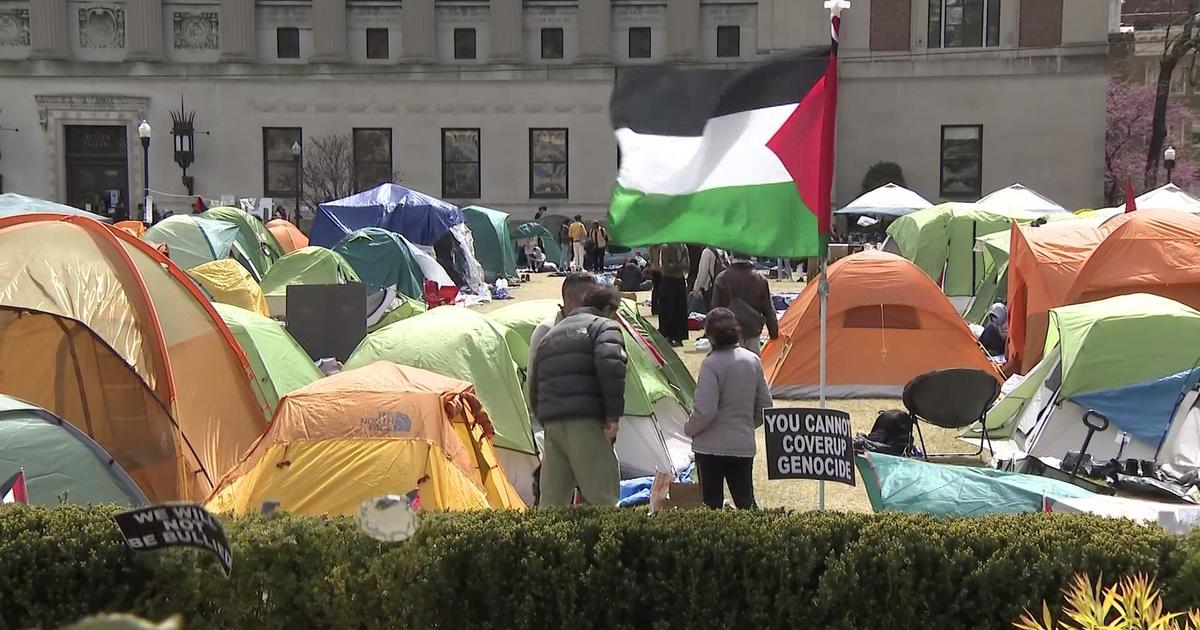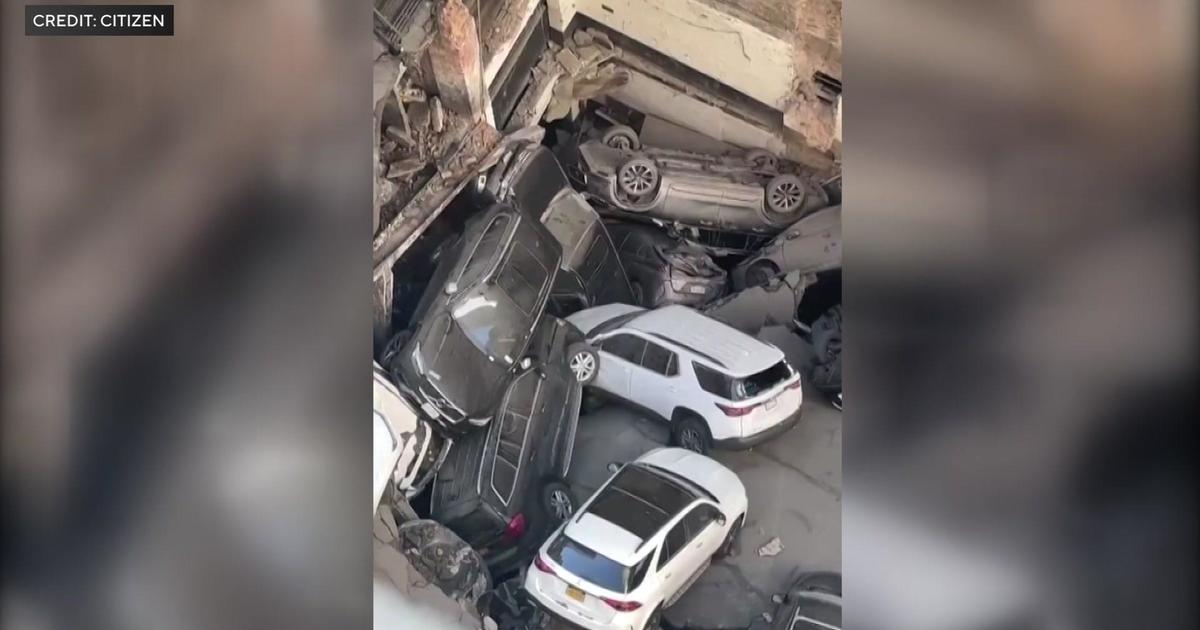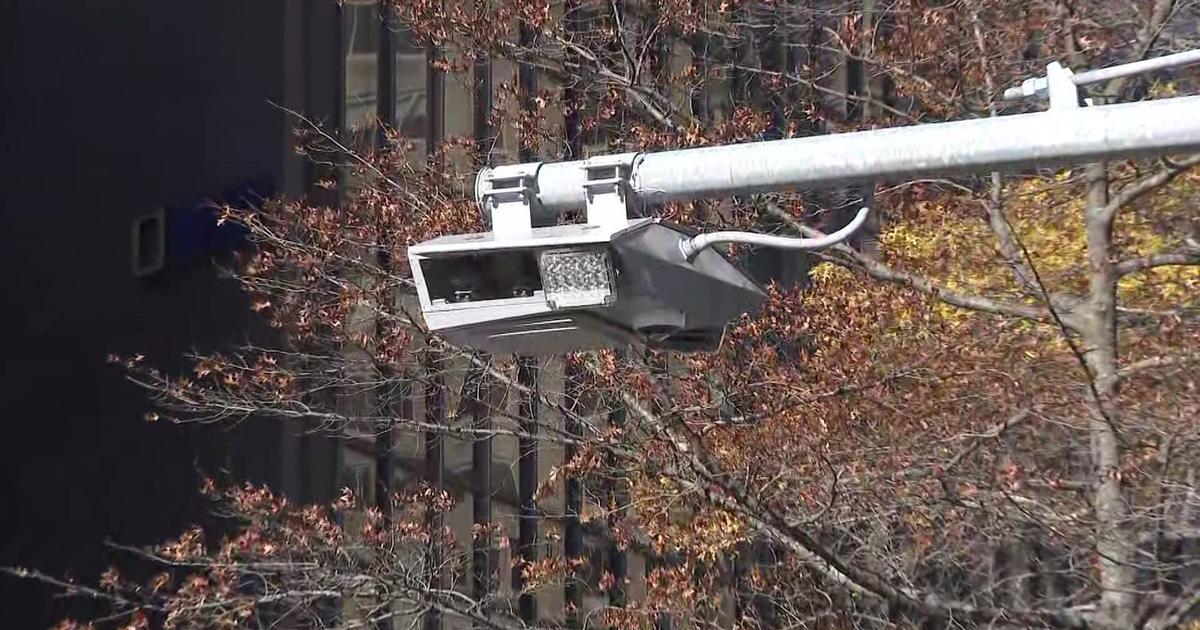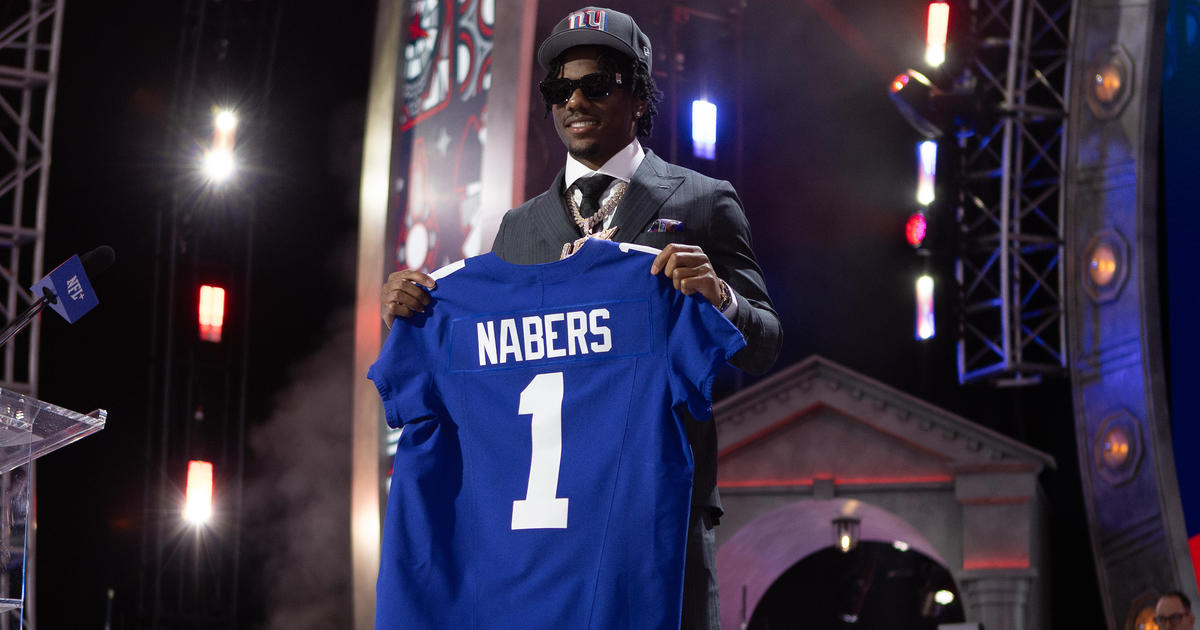MTA Details 13-Point Plan As Phase One Reopening Set For New York City Monday
NEW YORK (CBSNewYork) - New York City has hit a major milestone.
For the first time since the pandemic began, the city recorded zero COVID-19 deaths on Wednesday.
The mayor says hospitalizations nearly doubled though, from 48 yesterday to 84 today.
Still, the city is set to start Phase One of reopening on Monday.
WATCH: MTA Officials Outline Phase One Reopening Plan
The final countdown is on to the Big Apple beginning to reopen for business. In a nearly empty Grand Central Terminal, the MTA declared Friday afternoon it is ready for Phase One on Monday.
"We've been planning for weeks and months. Our guiding principle is safety," said MTA Chairman Pat Foye.
CORONAVIRUS: NY Health Dept. | NY Call 1-(888)-364-3065 | NYC Health Dept. | NYC Call 311, Text COVID to 692692 | NJ COVID-19 Info Hub | NJ Call 1-(800)-222-1222 or 211, Text NJCOVID to 898211 | CT Health Dept. | CT Call 211 | Centers for Disease Control and Prevention
Ridership has dropped more than 90% across the system since the pandemic started.
Subway ridership is expected to be at 10-15% of pre-pandemic levels during Phase One, Foye said. Bus ridership will be about 30-40% of normal.
During Phase Two, subway ridership is expected to be 25-40% on subways and 50% on buses. In Phase Three, 50% of normal ridership is expected on subways and 60% on buses. For Phase Four, those numbers rise to 70% on subways and 80% on buses.
LINK: See The MTA's 13-Point Plan
The MTA says it needs another $3.9 billion from the federal government to help close its budget gap. The MTA said it is projecting a $10.4 billion budget deficit through 2021.
Foye detailed a 13-point plan as more New Yorkers head back to work.
It includes:
- Increasing service to meet the rising demand and allow for social distancing
- Continue cleaning and disinfecting operations
- Face coverings and masks are mandatory
- Increasing NYPD and MTA police systemwide
- Employee safety initiatives will continue, including employees being checked for fevers, rear-door boarding on buses, and barriers at workplaces
- Cleaning with U/V light and anti-microbials
- Hand sanitizer will be made available
- Subway stations will be equipped with floor markings and directional arrows to help direct traffic
- Staggered hours for MTA staffers and asking employers to also stagger hours to ease traffic burden
- Distributing 2 million masks to customers
- Speeding up roll-out of OMNY contactless payment system
- New partnerships and technology to improve safety
- Customers will have access to a data dashboard to provide real-time information and updates
New York City Transit is expected to restore full service on Monday, but don't expect any closures if too many people crowd a station or subway, and don't expect every other seat to be blocked off - as Mayor Bill de Blasio wants - to allow for social distancing.
"I take the mayor's suggestions seriously, but to suggest that the New York City subway system, as ridership is growing, can allow for social distancing suggests an unfamiliarity with the system or a lack of sincerity," said Sarah Feinberg, interim president of New York City Transit.
The MTA is asking businesses to stagger employee hours to help alleviate crowding during morning and evening rush hours.
Metro-North will get back to 61% of normal weekday service on June 15. The Long Island Rail Road will be at 90% of normal weekday service by this Monday, with extra trains positioned to add service as necessary.
CORONAVIRUS PANDEMIC
- Resources, Hotlines, Unemployment & Covering Bills
- Remote Learning Tools For Parents Teaching At Home
- Ask Dr. Max Your Health Questions
- How Make Your Own DIY Face Mask
- How To Safely Remove Disposable Gloves
- Tips For Parents To Help Kids Cope
- Chopper 2 Over Empty NYC Streets, Landmarks
- Complete Coronavirus Coverage
Face masks are mandatory across the system.
Phase One reopening includes the construction industry, manufacturing and curbside or in-store retail pickups.
The mayor says the city's COVID-19 numbers are going in the right direction.
"In general the news is good, but this is going to be something we'll be talking about for days and weeks ahead. We're gonna watch and when we see something that isn't as good and make sure it doesn't turn into a larger trend," de Blasio said.
The mayor does not believe the recent protests caused the spike in overnight COVID hospitalizations because of the time it takes for the virus to manifest. He says he'll be looking closely at the data over the next 10 days to see if the demonstrations lead to an increase in cases.



